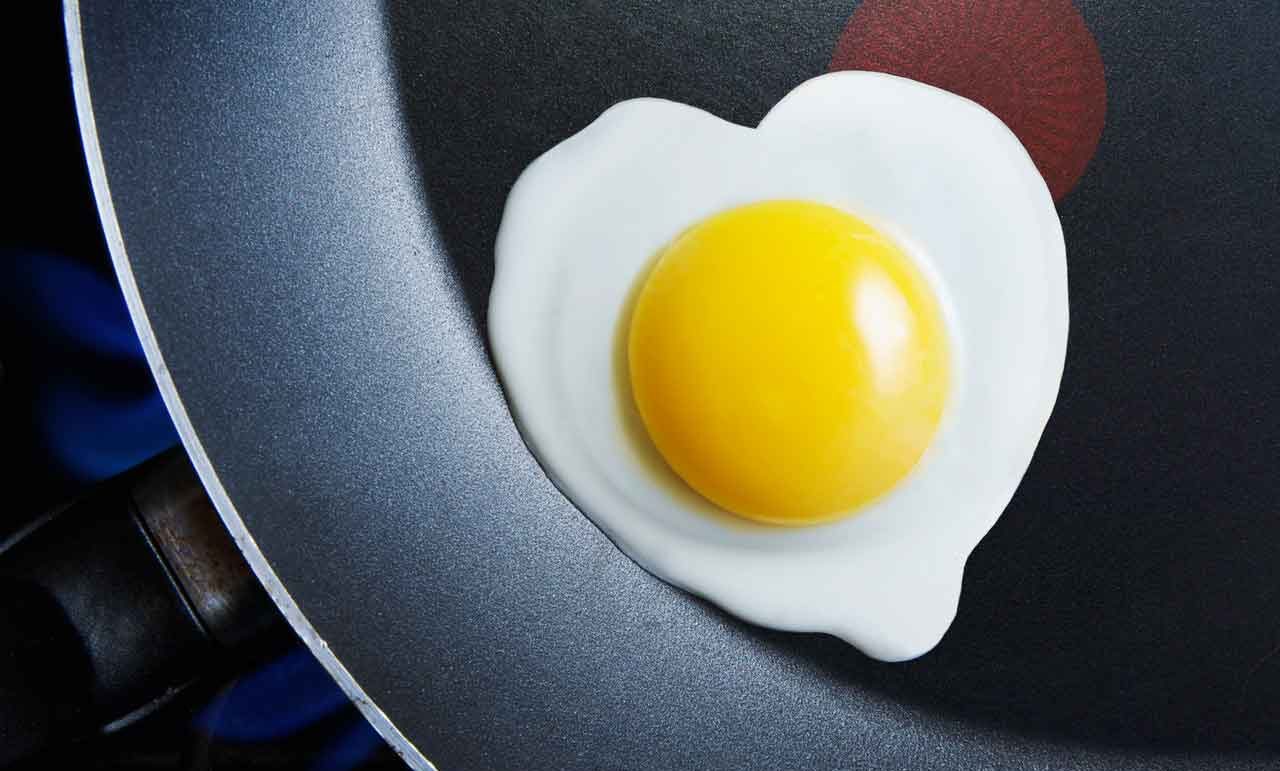Is Cholesterol Really So Bad for You?

Eggs, meat, and shellfish — all high in cholesterol — may not actually raise your blood cholesterol. Here’s what you should know about the science around cholesterol.
Forty years ago, the American Heart Association (AHA) told us to limit how much cholesterol we ate and stick to three eggs a week. If you had a three-egg omelet on Sunday, you had to wait until the next Sunday to enjoy eggs again, according to the AHA’s advice.
But our understanding of cholesterol changed over the decades, and we now know that eggs aren’t dangerous. In fact, eating three eggs a day could improve your cholesterol numbers, according to one study.
This isn’t a reason to stop listening to medical advice. When science evolves, we know that it’s working. Scientists are testing each other’s ideas and giving doctors new information.
YOU MIGHT ALSO LIKE: Total Cholesterol Level
So here’s our update about cholesterol.
Your body needs cholesterol
Your body uses cholesterol to turn sunlight into vitamin D and make stress and sex hormones, among other functions. Building new cells requires cholesterol, particularly in your brain, the organ richest in cholesterol.
Your liver manages levels of cholesterol in your blood
Most of the cholesterol in your body was made by your liver, which oversees the level of cholesterol in your blood. We get only a small amount of our cholesterol from food. If you eat fewer foods high in cholesterol, your liver will make more, if needed, to maintain the correct blood level. If you eat more, your liver makes less.
The bottom line: For most people, eating high-cholesterol food won’t change their blood cholesterol numbers.
Wait. Doesn’t it matter which number on your lipid profile we’re talking about? Your doctor may have spoken to you about “good” cholesterol, the number called HDL (high-density lipoproteins) on your lipid profile, and “bad” cholesterol, labeled LDL, for low-density lipoproteins. Lipoproteins are molecules that carry cholesterol. The LDLs carry it from your liver to other cells. HDLs carry it the other way, back to the liver, from which it leaves your body
If your LDL level was 100 or higher after being tested (70 on up if you have heart disease) your doctor may have advised you to get it down to avoid developing atherosclerosis — cholesterol deposits on the artery walls — and related heart trouble.
LDL “bad” cholesterol isn’t so bad
The ratio of LDL to HDL may be a marker of heart disease risk.
In about a quarter of the population, called “hyper-responders,” food can raise LDL blood levels, but their HDL may also rise, and their ratio may be healthy.
In 2016, a review of 19 studies, as a group following more than 68,000 elderly people, concluded that no study showed that high levels of LDL was actually linked to heart disease. In fact, elderly people with high LDL levels lived longer than people who were taking statin drugs to lower their LDL cholesterol. Other factors, such as inflammation, high blood pressure, and smoking, can be involved in heart disease.
Two years later, the same authors rebutted the arguments made in favor of statins and the theory that high LDL cholesterol causes atherosclerosis, plaque clogging the arteries, putting you at risk of a heart attack or stroke.
In fact, they say, more than a dozen studies suggest that people with low LDL cholesterol are just as likely to develop atherosclerosis. In addition, older people with a high level of total cholesterol or of LDL cholesterol are not more at risk for a heart attack. A study covering almost 140,000 patients admitted to the hospital with a heart attack found that their LDL cholesterol was lower than normal at the time. In another study with the same conclusion, the authors decided to lower the patients’ LDL cholesterol further. At a follow-up three years later, deaths among those with the lowest LDL cholesterol were double the number of deaths among those with the highest LDL cholesterol.
Consuming some high-cholesterol high-protein foods can be good for your heart
The American Heart Association recommends eating two servings of seafood a week, especially high-omega 3 fish like salmon and sardines. Shellfish counts, too. Some people avoid shrimp because they fear its cholesterol content. They also avoid meat, but eating a moderate amount of unprocessed meat may lower your heart risk, one study found. Then there’s eggs, which may be good for your heart as well.
Updated:
September 30, 2020
Reviewed By:
Janet O’Dell, RN